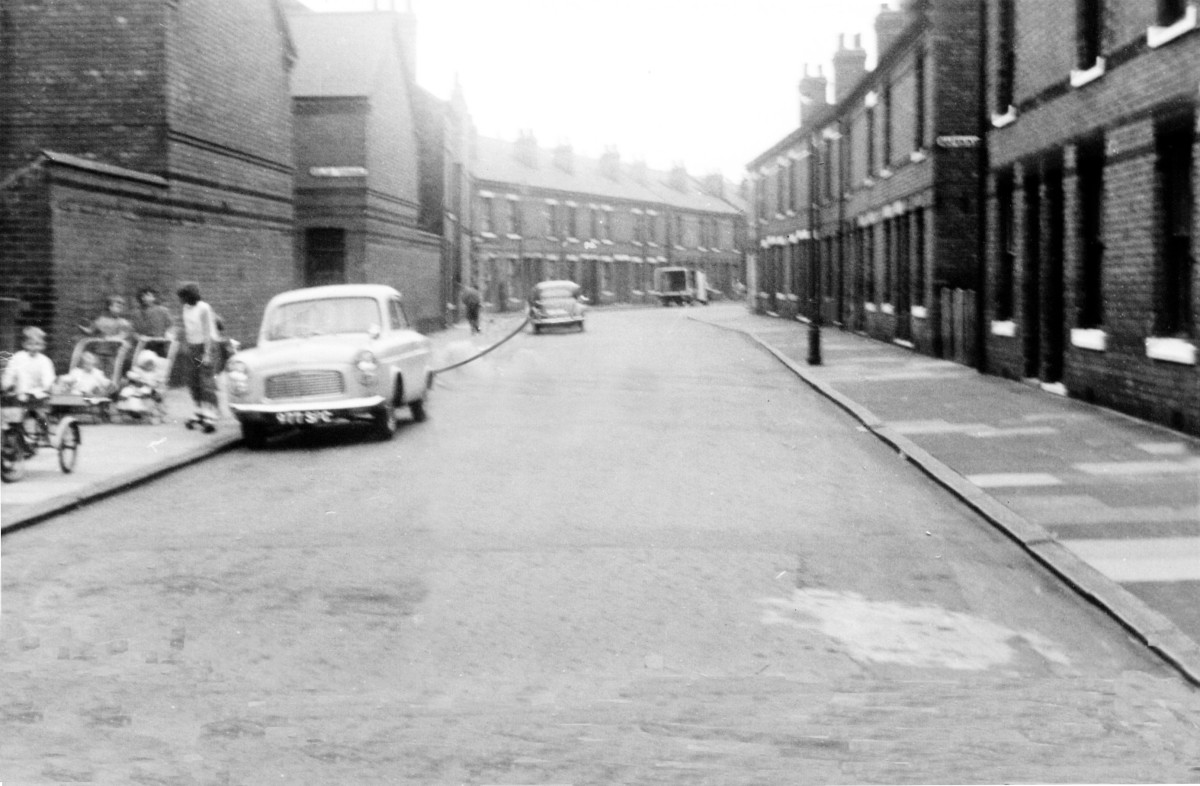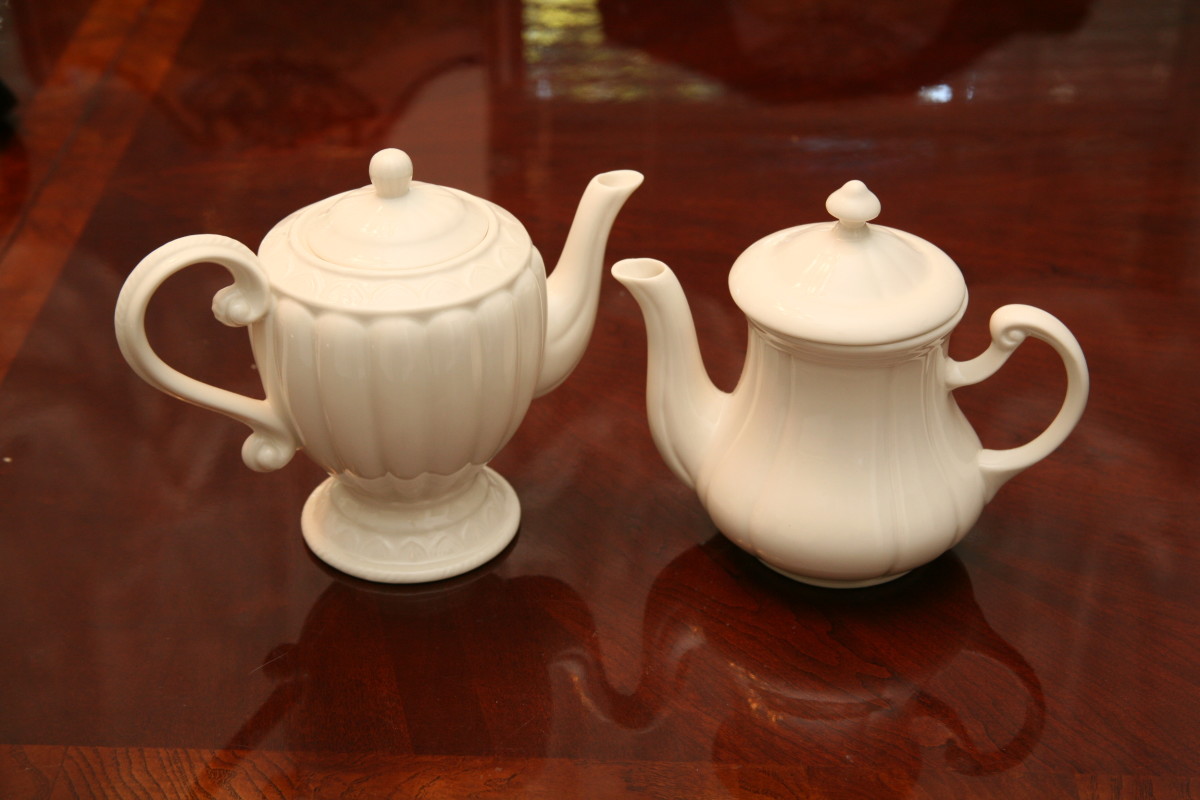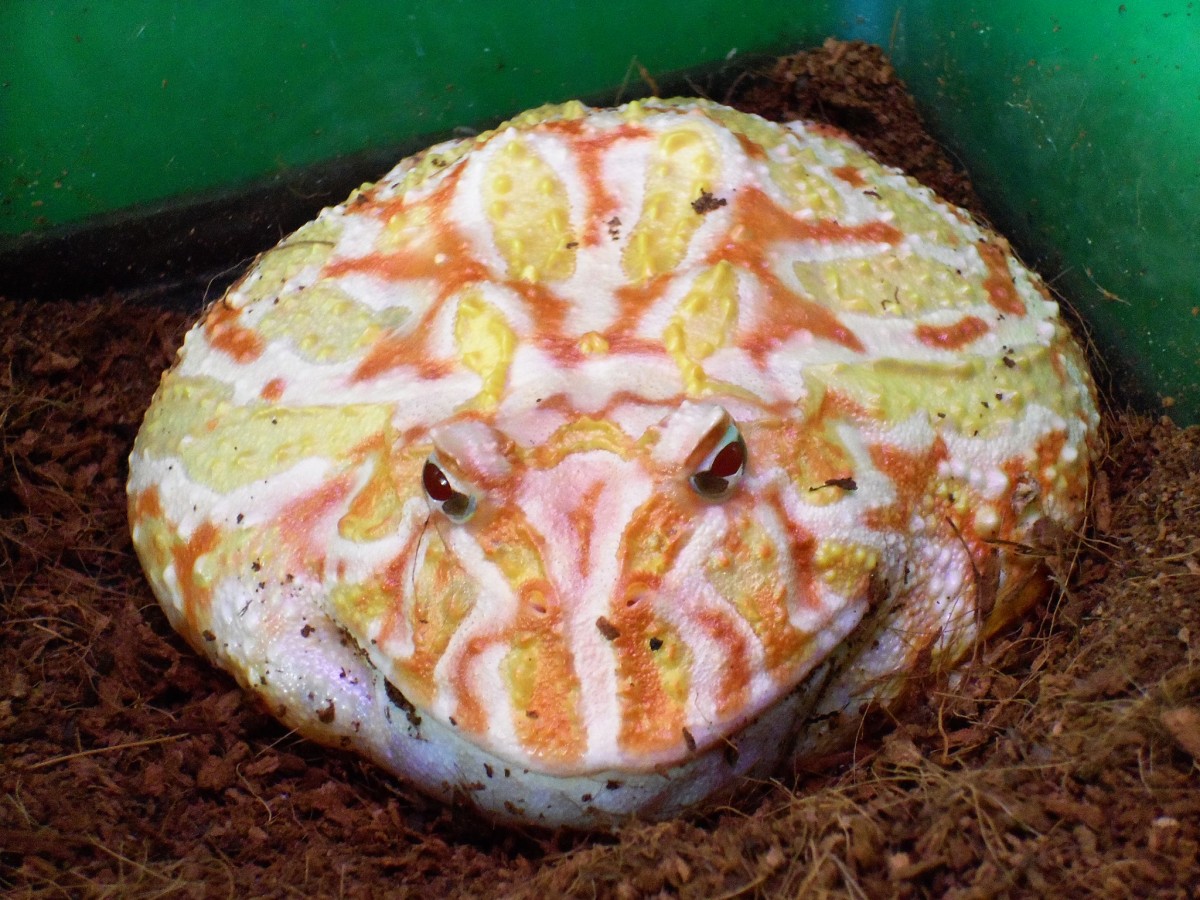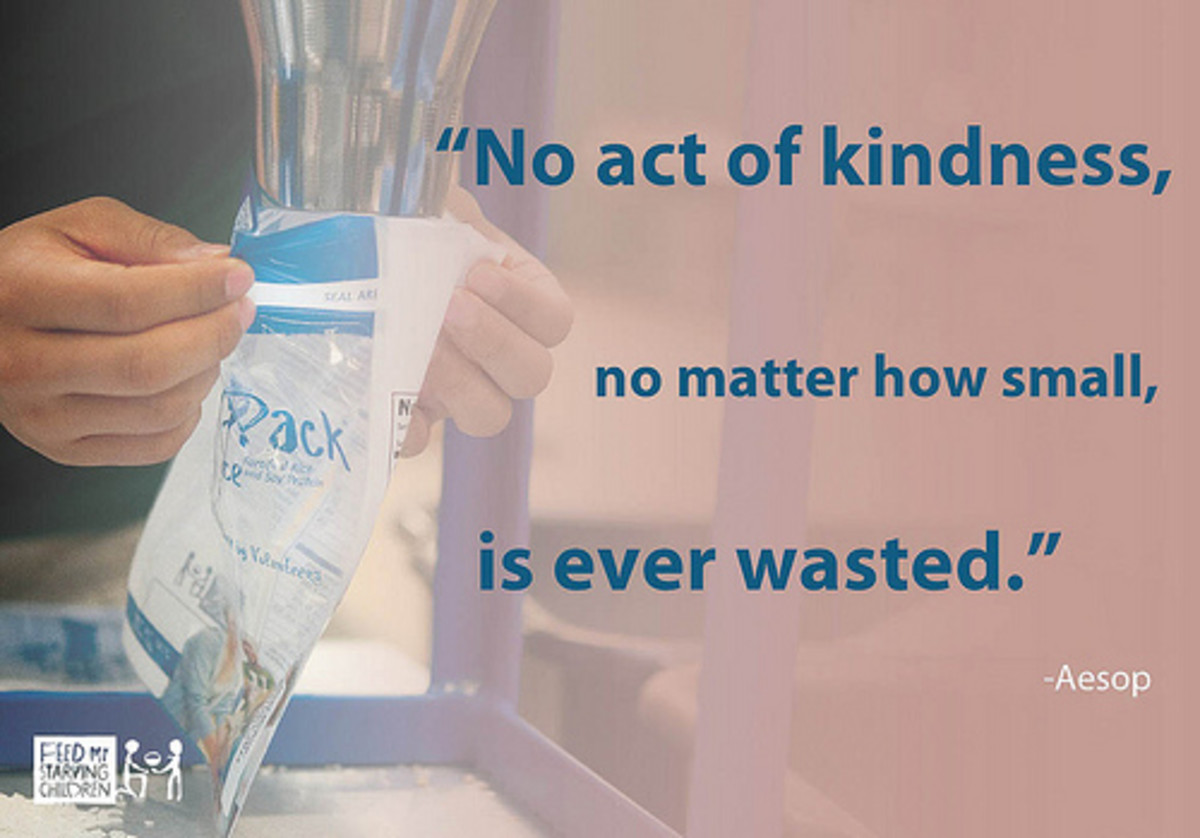How To Boil A Frog

Heating the kettle
If you've been around for any length of time, you've probably heard the analogy about the boiling of frogs. Basically, it goes like this: if you heat up a pot of rolling, boiling water, and drop a live frog into it, the frog will wisely jump right out and immediately jump as far away as amphibiously possible. However, if you put a frog in a pot of cold water, and very gradually turn up the heat in the pot, the frog will be unaware of the gradual change and will thus allow himself to be boiled alive.
Not a pretty picture, I know. But I tell it to make an ugly point.
Within the last year, I've read some books that have illustrated how people can fall prey to this phenomenon more readily than any of us would have thought possible. The first book, Night by Elie Wiesel, was written by a Nazi Holocaust survivor and tells his story about his captivation and the horrendous brutality and inhuman treatment through which he survived. His book was originally written in 1955, following a ten year vow to himself not to write of the atrocious memories he endured.
What has always stricken me about Holocaust accounts is seeing how the people involved didn't see it coming - clearly, this interests me because I want to make sure if there's ever a similar situation brewing in my environment that I see it and act quickly. The movie The Pianist illustrates this so well - the film that justifiably catapulted Adrien Brody to stardom.
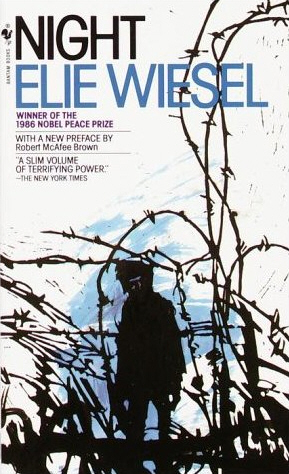
The Water Starts To Bubble . . .
Here's an excerpt from Elie Wiezel's book. The following text is from his acceptance speech for the 1986 Nobel Peace Prize:
"I remember: it happened yesterday, or eternities ago. A young Jewish boy discovered the Kingdom of Night. I remember his bewilderment. I remember his anguish. It all happened so fast. The ghetto. The deportation. The sealed cattle car. The fiery altar upon which the history of our people and the future of mankind were meant to be sacrificed.
"I remember he asked his father, "Can this be true? This is the twentieth century, not the Middle Ages. Who would allow such crimes to be committed? How could the world remain silent?
"And now the boy is turning to me. "Tell me," he asks, "what have you done with my future, what have you done with your life?" And I tell him that I have tried. That I have tried to keep memory alive, that I have tried to fight those who would forget. Because if we forget, we are guilty, we are accomplices.
"And then I explain to him how naive we were, that the world did know and remained silent. And that is why I swore never to be silent whenever and wherever human beings endure suffering and humiliation. We must take sides. Neutrality helps the oppressor, never the victim. Silence encourages the tormentor, never the tormented. Sometimes we must interfere. When human lives are endangered, when human dignity is in jeopardy, national borders and sensitivities become irrelevant. Wherever men and women are persecuted because of their race, religion or political views, that place must - at that moment - become the center of the universe."
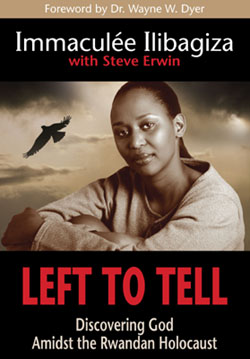
Boiling Tensions . . .
Incidences of "ethnic cleansing" are, unfortunately, not all in the past. You may or may not be aware of the Rwandan Holocaust in 1994. The movie, Hotel Rwanda was a moving account of the massacre, which I recommend. I also recommend one of the most significant and moving books I have ever read.
The book, "Left To Tell", by Immaculee Ilibagiza, is her own story about being caught in the middle of the Rwandan Holocaust. If you have seen the movie, Hotel Rwanda, you have been introduced to what happened in mid-1994 in this African nation. Within the span of 90 days, nearly a million Rwandans were killed in what was an attempt to exterminate all members of one tribe - the Tutsis, from the face of the earth. Immaculee did not even know she was a Tutsi until she was ten-years old, because her parents didn't want their children perpetuating the cycle of ethnic violence between them and the Hutus. She describes the country of her birth as "paradise", and grew up in a loving family who were supportive, caring and leaders in their community. They were well educated and, in fact, she was home on break from her college studies when the atrocities broke out.
At first, she and her family thought the growing words of violence were just from radicals - people you didn't really have to worry about. But then, it turned bloody. Ultimately, the Hutu government at that time made it the duty of all Hutu citizens to exterminate all Tutsi "cockroaches" until "the job was done." Immaculee was hidden in a tiny bathroom with seven other women for 91 days, while she could hear the killings - by machete - all around her. Men, women, old folks, children, babies, were chopped up and left to be scavenged by birds and dogs. A million of them.
Her story is real, engaging, and immensely important - I wholeheartedly agree with Wayne Dyer in the introduction when he says "I've read thousands of books over the past 50 or so years. The book you hold in your hands is by far the most moving and poignantly significant of the vast library that comprises my lifetime of personal reading."
I highly encourage you to read this truly remarkable book - I cannot overemphasize its importance.
Since Rwanda, we see news stories about related events in Bosnia. Darfur.
Being Vigilant
For 43 years, I've lived with the name Gregory. From Wikipedia: "It is derived from the Latin "Gregorius," which was from the late Greek name "Γρηγόριος" (Gregorios), which was derived from "γρήγορος" (gregoros) meaning "watchful, alert". Vigilant.
Evidently, we will have to remain vigilant of this type of human atrocity now and forever. It's not just a tired old headline, and it's not for some undefined other person to handle for us. Each of us has strength, power and the ability to affect change, and not be neutral.
Don't let yourself reflect back on your life within the context of the history that is being made today and wish you could have acted on something that was well within your ability to control or at least influence.
The pot of water is boiling. Blow out the fire beneath it.


